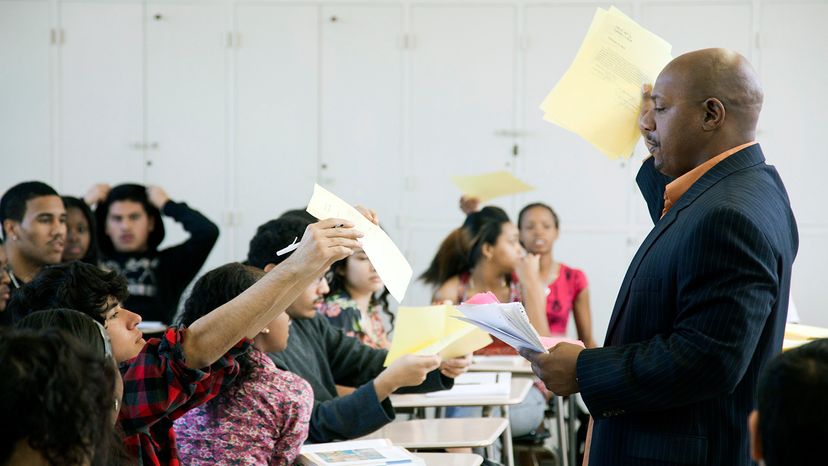
Dr. Susan Schorn, writing program coordinator in the School of Undergraduate Studies at the University of Texas at Austin, was perusing an email group when she saw a story another college dean posted that caught her attention. The student (we'll call him Mark) purchased a one-of-a-kind, "plagiarism-free" paper online and turned it in as his own. However, when Mark refused to pay the writer — a person thousands of miles away from UT — the writer fought back and sent the dean emails proving Mark didn't write the paper. Mark was busted and got a zero on his paper.
As sad as this case is, it's not an isolated incident. And, unlike our Mark, most cheaters probably get away with it. Stories like this one are varied and broad but indicative of a serious issue that is as old as education.
Advertisement
"[Cheating] is rampant all across the country, and I mean absolutely rampant," says Zoe Salloom, learning technologist at Georgia State University's Center for Excellence in Teaching & Learning. She defines cheating as sharing test questions and answers, or collaborating during a test or assignment without the instructor's permission.
Plagiarism is just one aspect of cheating and is typically defined as something like "the appropriation of another person's ideas, processes, results, or words without giving appropriate credit," as it is by Texas A&M University. But Schorn says even that definition was probably plagiarized.
Advertisement

